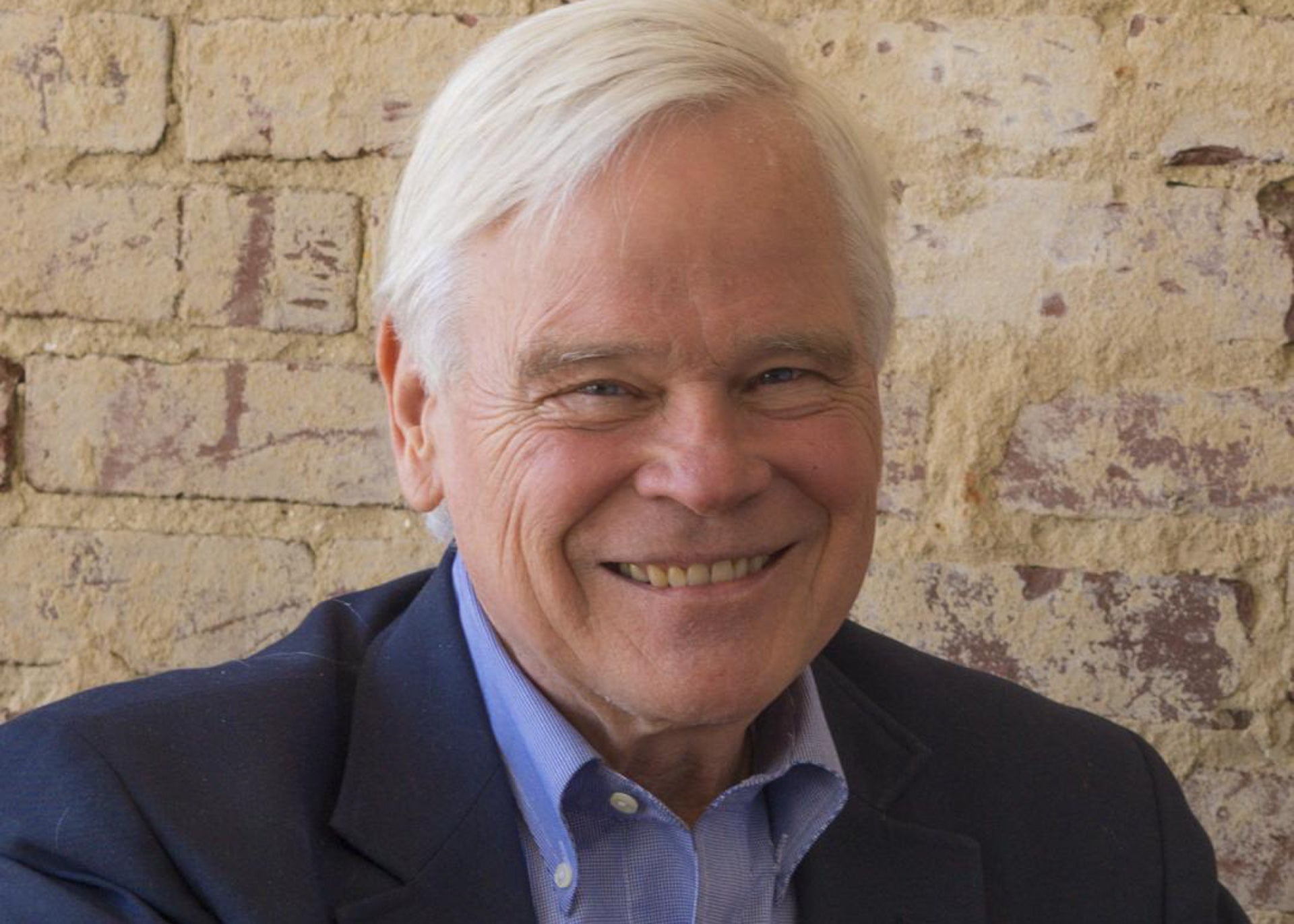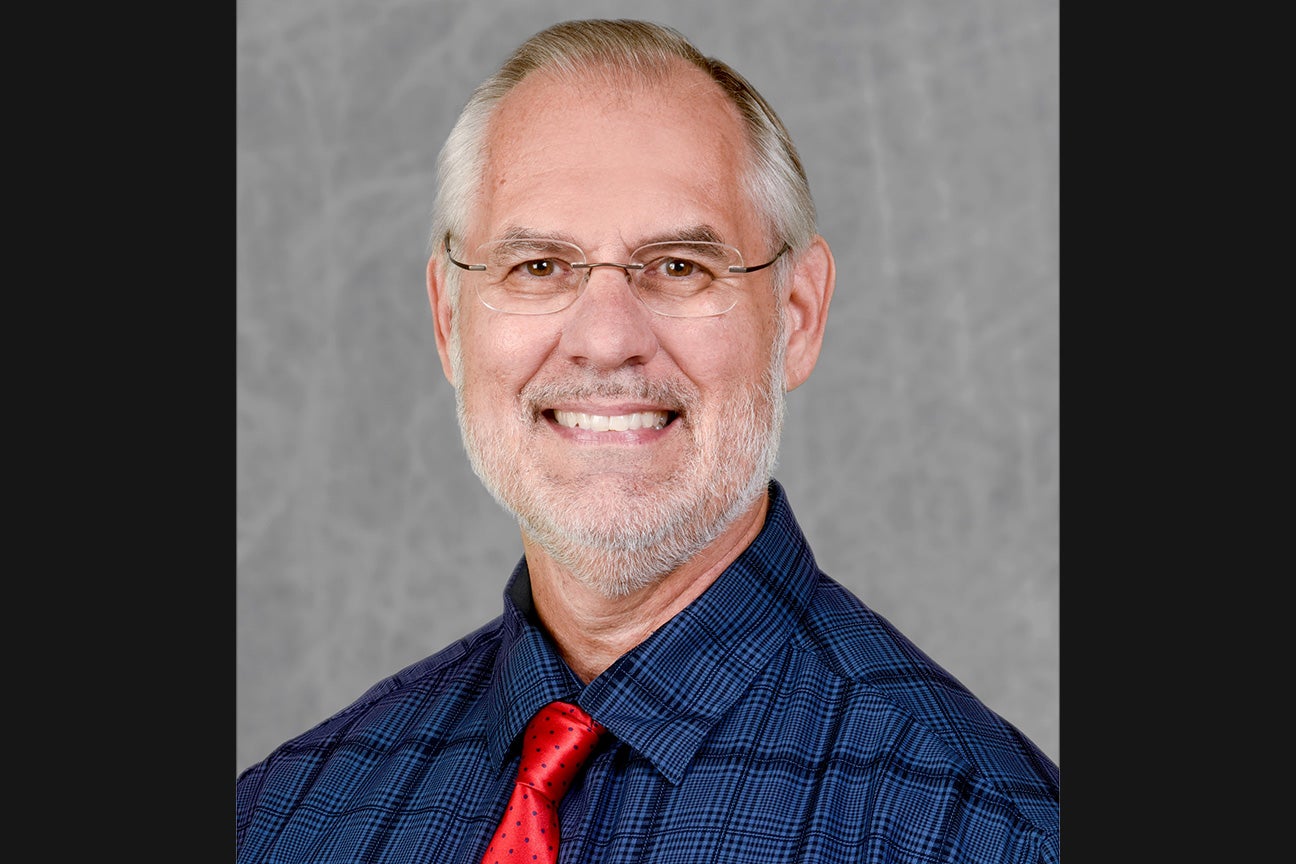One on One: Race and advertising in changing times
Published 7:16 am Thursday, May 4, 2023

- D.G. Martin
|
Getting your Trinity Audio player ready...
|
By D.G. Martin
Have you seen Jonathan Lawson on television as he praises Colonial Penn Life Insurance Company? Recently, he has been on air constantly, repeating that the most important things about the three P’s of life insurance are “price, price, price.”
He has me spouting those words in my dreams.
He then explains Colonial Penn’s price, asserting that $9.95 is the price for everyone.
As the on-air spokesman for Colonial Penn, Lawson succeeded the late Alex Trebek, who was also the host of the popular TV program, Jeopardy.
Trebek used his fame to promote Colonial Penn, much like former football star Joe Namath, who has promoted a Medicare Advantage product in television ads that seemed to run endlessly last fall.
Lawson is different. Unlike Trebek and Namath, he brings no celebrity background to his task. Also, Colonial Penn says, he is a regular employee of the company, while Trebek and Namath were independent promoters.
Something else distinguishes Lawson from Trebek and Namath. They were white and Lawson is black.
Arguably, Lawson’s appearance shows Colonial Penn’s belief that, increasingly, white viewers will accept black authority figures even if they are not celebrities.
Another example of changing attitudes are television ads featuring mixed race couples and families.
The increase in mixed race advertising is nothing new. A June 5, 2018 article by Joanne Kaufman in The New York Times introduced the changing situation as follows:
“A hapless man stands on the sidewalk, watching and wincing as an ex-girlfriend tosses his possessions out a second-floor window in a commercial for DIRECTV. A husband and wife are overjoyed to learn from a Fidelity investments adviser that, yes, they have saved enough for retirement to realize their fondest dream, one that involves a boat and a grandchild. And a considerably younger couple is delighted with the possibilities presented by the Clearblue ovulation test system.
“The men and women vary in age, circumstances and happiness levels, but they have one thing in common. They are all part of interracial couples.”
Kaufman quoted Larry Chiagouris, a professor of marketing at the Pace University Lubin School of Business: “For the longest time, ads presented the typical American household as Caucasian, heterosexual, two children and two cars in the driveway.
“There’s still a part of the world that’s like that, but there’s a large portion that is nothing like the ‘Father Knows Best’ Americana image. It’s taken the advertising community, and particularly their clients, a long time to come to grips with that. They’re risk averse.”
They may have been risk averse in 2018 and earlier. But the gloves are off in 2023. Ostensibly, every family-oriented TV ad for new cars that I have seen this year features mixed race parents and their kids.
Why?
Bottom line, of course, is the car companies want to sell cars. So, they must expect these ads will help that effort.
One clue can be found in changing poll results. Frank Newport, former Gallup editor-in-chief, wrote in 2013 about poll results in that year, “Continuing to represent one of the largest shifts of public opinion in Gallup history, 87% of Americans now favor marriage between Blacks and Whites, up from 4% in 1958.”
In an update in 2021, Gallop reported “94% of U.S. adults now approve of marriages between Black people and White people, up from 87% in the prior reading from 2013. The current figure marks a new high in Gallup’s trend, which spans more than six decades. Just 4% approved when Gallup first asked the question in 1958.”
I am skeptical about these poll results. But the strong trend towards growing approval of mixed marriages is persuasive, meaning that we can look forward to more and more cars full of mixed-race families in future TV ads.
It may be good news, too, for Johnathan Lawson and other black spokesmen for companies selling to primarily white prospects.
And a good sign for a country still struggling to overcome its racist past.
D.G. Martin, a retired lawyer, served as UNC-System’s vice president for public affairs and hosted PBS-NC’s North Carolina Bookwatch.
READ ABOUT NEWS AND EVENTS HERE.
SUBSCRIBE TO THE COASTLAND TIMES TODAY!






